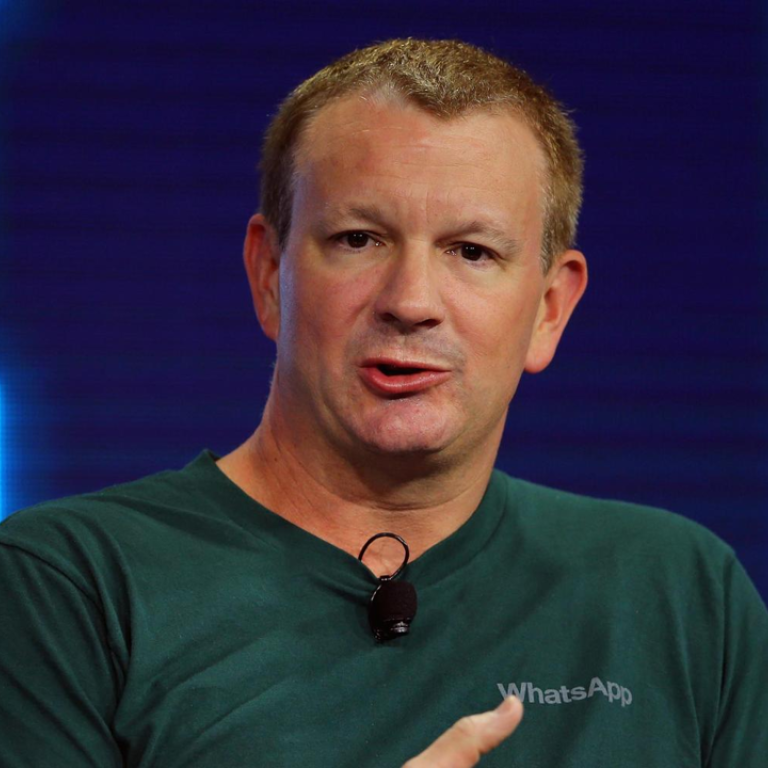
WhatsApp co-founder tells his Twitter followers to delete Facebook
WhatsApp co-founder Brian Acton told his Twitter followers to delete Facebook, which acquired Whatsapp for US$19 billion in 2014
Amid the turmoil of the Cambridge Analytica data scandal, WhatsApp co-founder Brian Acton told his Twitter followers to delete Facebook.
“It is time. #deletefacebook,” he wrote on the social media platform.
Acton has almost 21,000 Twitter followers.
Facebook acquired WhatsApp for US$19 billion in 2014. Acton remained with the company for several years before quitting to start the Signal Foundation earlier this year. His WhatsApp co-founder, Jan Koum, still leads the company and sits on Facebook’s board.
Acton also applied for a job at Facebook in 2009, and posted about his rejection on Twitter at the time:
Facebook has come under fire this week after reports emerged that political data analytics company Cambridge Analytica accessed the data of over 50 million users of the social media network without their permission.
Cambridge Analytica got that data from the creator of a quiz taken by 270,000 Facebook users. That quiz creator passed the data to Cambridge Analytica against Facebook policy. Facebook knew about the data leak back in 2015, but the public only learned after reports in the New York Times and Observer over the weekend.
Cambridge Analytica is funded in large part by Robert Mercer, who donated money to President Trump’s election campaign, and it helped the Trump campaign target pollical ads on Facebook, but the firm says it did not use any data gained in this incident on the campaign.
Facebook CEO Mark Zuckerberg and COO Sheryl Sandberg have remained quiet throughout the scandal, inviting yet more criticism from analysts and investors, and fuelling critics who argue for more regulation of big tech companies.

